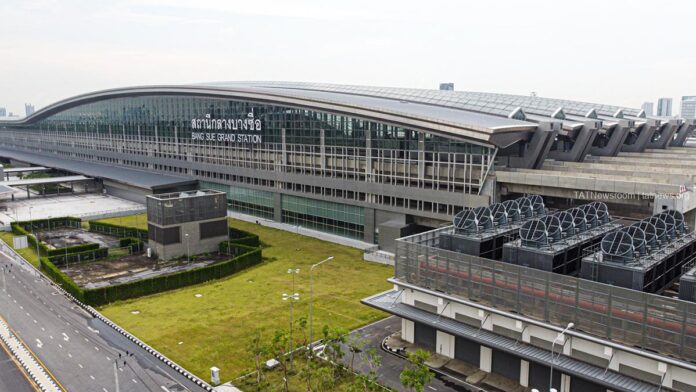Thailand needs more infrastructure investment but faces financial constraints. A private sector-driven Thailand Infrastructure Investment Bank (TIIB) could help mobilize private financing, complementing public investment.
Infrastructure Challenges in Thailand
Thailand is in urgent need of extensive infrastructure investment, but faces limitations in public financing. The establishment of a private sector-driven Thailand Infrastructure Investment Bank (TIIB) could help attract private financing, specifically from financial investors and institutional asset managers.
Private Finance Constraints and Infrastructure Priorities
Thailand is grappling with economic growth challenges, coupled with a growing need for infrastructure development. The government’s Digital Wallet Scheme aims to stimulate private demand while constraining public financing for vital infrastructure projects. Private finance, especially through public-private partnerships (PPP), is essential to bridge the infrastructure gap but faces hurdles due to banking regulations and project complexities.
Role of a Private Sector-Driven TIIB
A private sector-oriented TIIB could serve as a crucial complement to public investment in infrastructure, mobilizing private financing and managing project risks. By tapping into financial investors and asset managers, the TIIB could help structure projects, engage in securitization, and create a pipeline of bankable PPP projects to address Thailand’s infrastructure deficit effectively.


